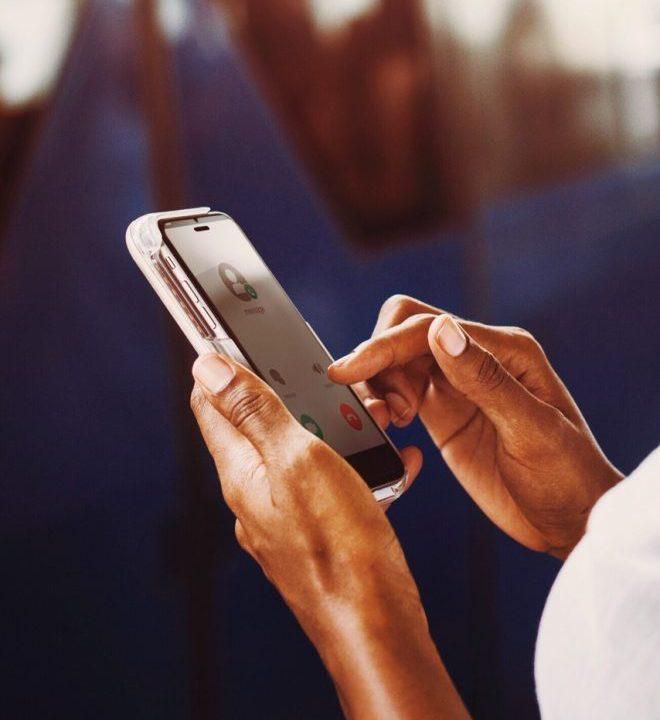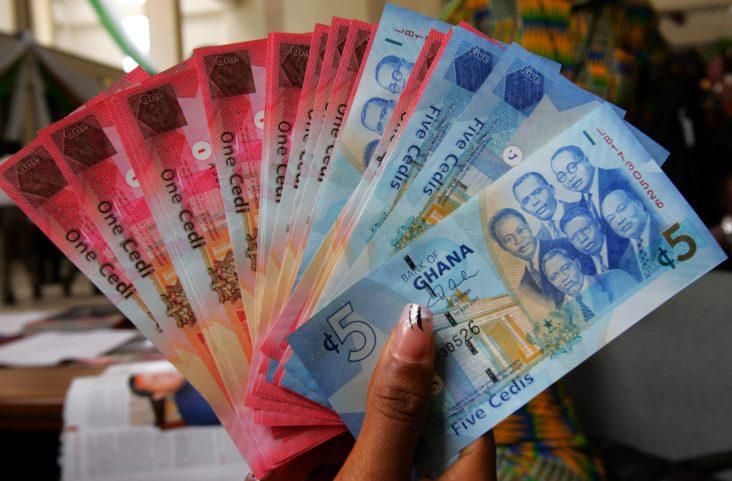How to live on a GH¢1,000 or less salary in Accra and still save
)
Living in Accra on GH¢1,000 or less per month is not a walk in the park, let’s be honest. With food prices vanishing faster that your data bundles, transport costs biting, and rent chewing up your income before the month even starts, survival on a low salary can feel like playing financial football with rocks.
But here’s the good news: it’s possible to live, and even save on this amount if you’re disciplined, intentional, and strategic.
How to live on a GH¢1,000 In Accra
This is your practical, workable guide to making GH¢1,000 work in Accra, while still setting aside something for emergencies or future plans.
ALSO READ: 5 mindsets that are keeping you broke
1. Rent Must Never Cross GH¢200
)
Your rent should take up no more than 20% of your monthly income — that’s GH¢200 out of GH¢1,000. Many low-income earners, however, spend up to GH¢300–GH¢400, which is unsustainable.
So what’s the fix?
Look for single rooms in outer communities: Oyibi, Amasaman, Kasoa, Ashaiman, Pokuase.
Consider shared accommodation — split rent and utilities with a trusted friend.
Pay annually if possible. If your family can help you settle one year’s rent upfront, your monthly budget becomes more manageable.
Realistic range: GH¢150–GH¢200/month for rent and electricity if shared or outside the city centre.
2. Plan Food Like a Nutritionist — Not a Tourist
)
Buying food outside is a financial trap. A GH¢15 plate of waakye daily becomes GH¢450/month — that’s nearly half your salary gone.
You don’t need to live on gari and water, but you do need a food strategy:
Budget GH¢200–GH¢250/month for food.
Buy staples (rice, oil, beans, tomatoes, gari) in bulk. A bag of rice (GH¢400+) may not be realistic, but 5kg 'tugyimi' packs for GH¢70–GH¢80 can last weeks.
Cook in bulk: stew, soup, jollof, waakye. Store in coolers if you lack a fridge.
Avoid impulse buying: no daily snacks, drinks or takeaways.
Realistic food budget: GH¢7–GH¢10/day = GH¢210–GH¢300/month (if cooking at home consistently).
3. Transportation: Trim or Trade Off

The average trotro fare in Accra ranges from GH¢5 to GH¢10 per trip depending on your location. If you’re commuting daily:
You’ll likely spend GH¢10–GH¢14 per day.
That’s GH¢250–GH¢300/month, which is too high on a low salary.
What can you do?
Walk one leg of your trip (e.g. walk home if close enough).
Consider a used bicycle (GH¢200–GH¢400) for short commutes — a one-time investment that saves you GH¢300/month long-term.
Ask your employer if remote work is possible some days per week.
Realistic transport budget: GH¢150–GH¢200/month if walking half-trips or living close to work.
4. Savings: Small and Consistent
)
Most people on low income believe they can’t save. That’s false. The key is consistency, not amount.
Use the GH¢1-a-day rule:
Save GH¢1 daily before any spending.
That’s GH¢30/month.
Use locked mobile money wallets or even physical susu boxes — avoid savings accounts that are easy to withdraw from.
Label your savings: “Rent”, “Emergency”, “Business Capital”. Give your money a purpose.
5. Airtime & Data: Don’t Let It Drain You

Many low-income earners spend GH¢60–GH¢100/month on airtime and data — especially due to social media and streaming.
Strategies to reduce this:
Use Wi-Fi at work, libraries, cafés.
Turn off auto-downloads on WhatsApp.
Buy data bundles at night
Use apps like Opera Mini for browsing.
Use free facebook
6. No Money? Then No Debts or Peer Pressure

This is harsh but true: if you earn GH¢1,000 or less, you cannot afford debts unless it’s for medical care or business investment.
Avoid:
Buying iPhones on payment plans.
Taking quick loans to “look fresh” on Instagram.
Going out when your budget says “stay home”.
Your real friends will understand. Your broke friends flexing on social media are likely struggling too. Discipline now gives you dignity later.
7. Start a Micro Side Hustle

Don’t rely only on your salary. Look for low-capital side hustles that work with your time and energy:
Sell pure water or sachet drinks (profit GH¢10–GH¢20/day).
Offer laundry services (GH¢5–GH¢10 per shirt).
Type CVs, edit documents, or freelance on WhatsApp groups.
Sell thrift clothes or accessories online.
Cook and supply packed food to offices.
Even GH¢150–GH¢300 monthly from a side hustle can dramatically ease your stress and boost savings.
The Power of Intentional Living
)
You won’t live on GH¢1,000 forever. But if you’re wise with it now, it can lay the foundation for something bigger. Saving, budgeting, and side hustling are not just survival tools — they’re wealth-building habits.
Even on a tight budget, remember:
Don’t try to live like someone earning GH¢5,000.
Cut unnecessary spending.
Save something, however small.
Invest in skills or hustle ideas.
Track every cedi.
Accra is hard. But smart budgeting makes it manageable and gives you a shot at financial peace, even with a humble salary.
)

)
)
)
)
)
)
)
)